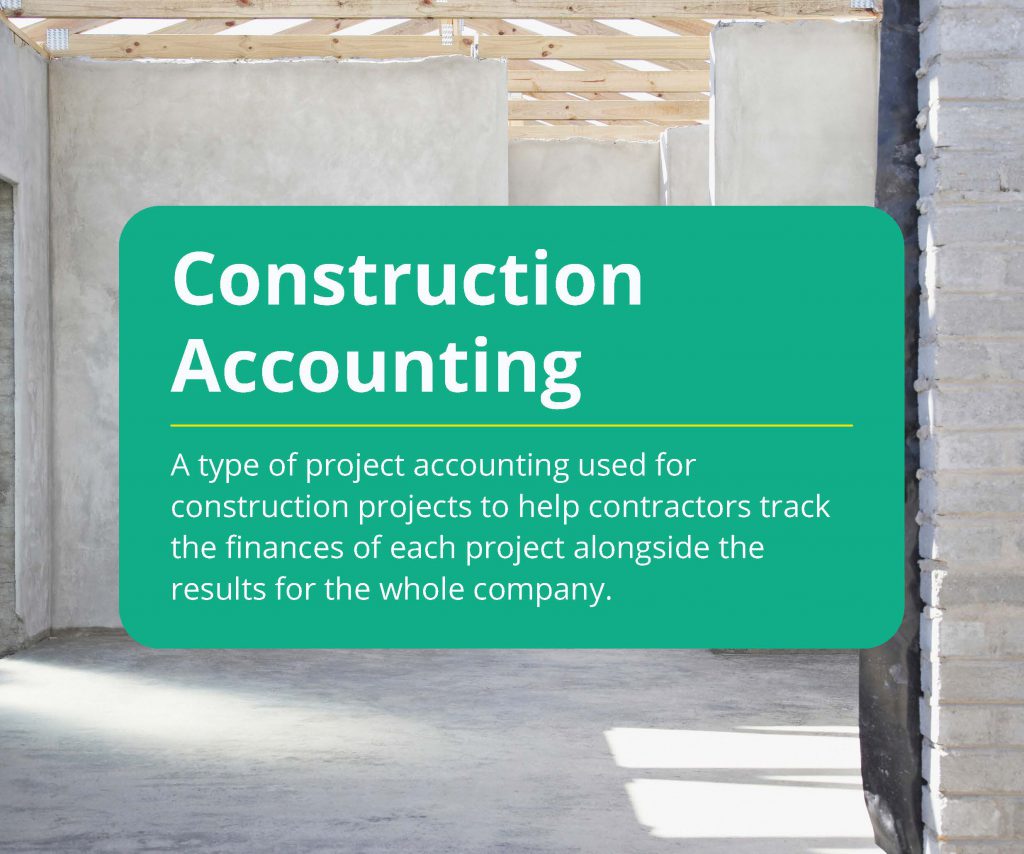Pvm Accounting for Dummies
Pvm Accounting for Dummies
Blog Article
Pvm Accounting Can Be Fun For Everyone
Table of ContentsRumored Buzz on Pvm AccountingThe Main Principles Of Pvm Accounting Indicators on Pvm Accounting You Need To KnowThe Definitive Guide for Pvm AccountingAn Unbiased View of Pvm Accounting7 Easy Facts About Pvm Accounting ShownThe Definitive Guide to Pvm AccountingThe Best Guide To Pvm Accounting
One of the main reasons for applying audit in construction tasks is the demand for monetary control and administration. Building projects usually call for considerable financial investments in labor, materials, tools, and various other resources. Appropriate audit enables stakeholders to keep an eye on and handle these monetary sources effectively. Audit systems supply real-time insights into task expenses, income, and success, enabling project managers to without delay recognize potential issues and take corrective actions.
Construction tasks are subject to different monetary requireds and coverage requirements. Appropriate audit makes sure that all economic purchases are tape-recorded precisely and that the project conforms with accountancy criteria and contractual agreements.
Some Known Questions About Pvm Accounting.
This lessens waste and enhances job performance. To better understand the importance of audit in building, it's also important to distinguish in between building administration bookkeeping and task management audit.
It focuses on the financial facets of individual building and construction projects, such as expense estimate, expense control, budgeting, and cash money circulation administration for a certain task. Both sorts of bookkeeping are important, and they enhance each other. Building and construction administration accountancy ensures the business's monetary wellness, while project administration accounting makes certain the economic success of specific projects.
A Biased View of Pvm Accounting

An essential thinker is called for, who will certainly deal with others to make decisions within their areas of duty and to enhance upon the locations' work procedures. The setting will communicate with state, college controller personnel, university department personnel, and academic researchers. He or she is anticipated to be self-directed once the first learning contour relapses.
Everything about Pvm Accounting
A Construction Accounting professional is accountable for handling the monetary aspects of building tasks, including budgeting, cost tracking, monetary coverage, and conformity with regulatory demands. They work carefully with task supervisors, specialists, and stakeholders to ensure accurate monetary documents, cost controls, and prompt payments. Their know-how in building audit principles, job setting you back, and monetary analysis is crucial for effective financial administration within the building industry.

3 Easy Facts About Pvm Accounting Described
Payroll tax obligations are taxes on an employee's gross salary. The earnings from pay-roll taxes are used to money public programs; as such, the funds gathered go straight to those programs rather of the Internal Income Solution (INTERNAL REVENUE SERVICE).
Note that there is an added 0.9% tax obligation for high-income earnersmarried taxpayers who make over $250,000 or solitary taxpayers transforming $200,000. There is no employer suit for this included visit this website tax obligation. Federal Joblessness Tax Act (FUTA). Revenues from this tax obligation go towards federal and state joblessness funds to help workers that have shed their tasks.
8 Simple Techniques For Pvm Accounting
Your deposits should be made either on a month-to-month or semi-weekly schedulean election you make before each schedule year (construction bookkeeping). Regular monthly settlements - https://qualtricsxm393lvkdr7.qualtrics.com/jfe/form/SV_1ZFKTDPbSLOjslU. A regular monthly payment has to be made by the 15th of the complying with month.
Take treatment of your obligationsand your employeesby making complete pay-roll tax obligation payments on time. Collection and payment aren't your only tax obligation duties. You'll additionally need to report these quantities (and various other details) consistently to the internal revenue service. For FICA tax obligation (as well as federal income tax obligation), you must complete and submit Kind 941, Company's Quarterly Federal Tax obligation Return.
The 6-Minute Rule for Pvm Accounting

States have their own payroll tax obligations as well. Every state has its very own joblessness tax (called SUTA or UI). This tax obligation rate can vary not just by state but within each state. This is since your business's industry, years in organization and unemployment background can all establish the percent made use of to determine the amount due.
The Facts About Pvm Accounting Revealed
Finally, the collection, remittance and reporting of state and local-level tax obligations depend on the governments that levy the tax obligations. Each entity has its very own policies and techniques. Plainly, the topic of pay-roll tax obligations involves plenty of moving parts and covers a large range of audit knowledge. A U.S.-based worldwide CPA can make use of experience in all of these areas when recommending you on your special organization configuration.
This website uses cookies to improve your experience while you navigate through the web site. Out of these cookies, the cookies that are classified as essential are saved on your internet browser as they are crucial for the working of basic functionalities of the site. We likewise utilize third-party cookies that assist us analyze and comprehend exactly how you use this internet site.
Report this page